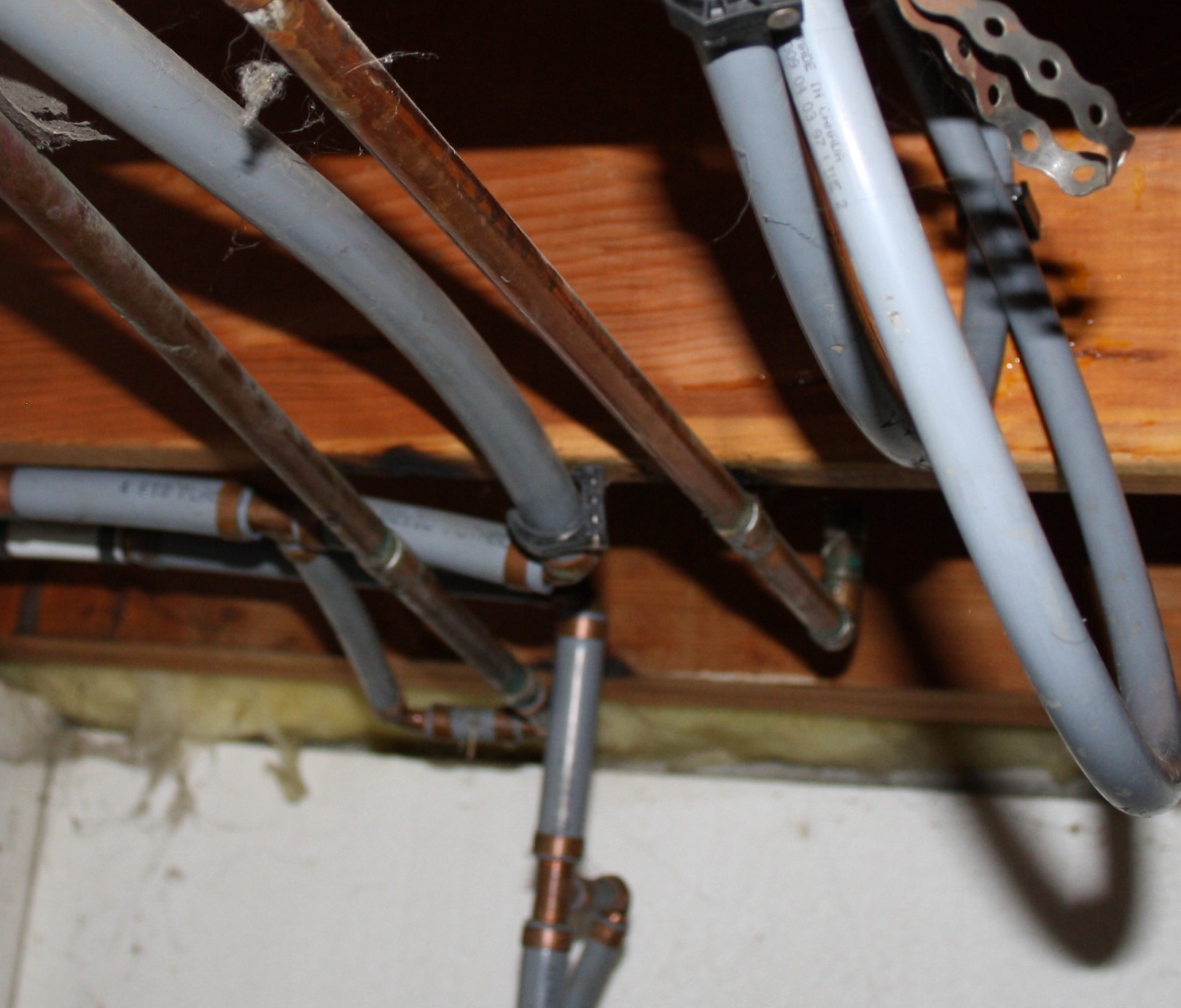Polybutylene (PB) pipes are plastic in residential plumbing systems. These pipes were manufactured between the late 1970s and mid-1990s, and while they were popular at the time due to their low cost and ease of installation, they have since been discontinued mainly due to their tendency to suffer from premature failure. This can pose a significant problem for homeowners who have PB pipes installed on their property and are seeking homeowners insurance – many insurers will not cover parcels that still have PB pipes in place.

Can you Get Homeowners Insurance With Polybutylene Pipes?
Yes, you can get Homeowner’s insurance with polybutylene pipes from some companies, such as State Farm, Farmers Insurance, Chubb, or Nationwide. However, your insurance policy can be up to 15% more expensive if you have polybutylene pipes in your home.
Insurance companies regarding homeowners insurance with polybutylene pipes may vary, and some may not offer coverage. However, some insurance companies may provide a range of homes with polybutylene pipes on a case-by-case basis or with specific conditions or requirements. Here are a few insurance companies that may give homeowners insurance with polybutylene pipes:
- State Farm: State Farm may offer coverage for homes with polybutylene pipes but may require a plumbing inspection and repairs or replacement of the lines before providing coverage.
- Farmers Insurance: Farmers Insurance may offer coverage for homes with polybutylene pipes but may require documentation of previous repairs or replacements and limit coverage for water damage.
- Chubb: Chubb may offer coverage for homes with polybutylene pipes but may require a plumbing inspection and repairs or replacement of the pipes before providing coverage. They may also exclude coverage for water damage related to the polybutylene pipes.
- Nationwide: Nationwide may offer coverage for homes with polybutylene pipes but may require a plumbing inspection and repairs or replacement of the pipes before providing coverage.
So if you’re whether you can get homeowners insurance with PB pipes present, the answer is not always straightforward. Every insurer has different policies about PB pipes, so you’ll need to look at and compare quotes from multiple companies before deciding on the best option. However, most insurers will refuse to provide coverage until all existing PB pipes on your property have been replaced with newer materials such as copper or CPVC – Failure to replace these old or deteriorating pipes could leave you vulnerable to expensive repair costs should a plumbing issue arise.
Polybutylene pipes were a famous plumbing pipe used in residential construction in the 1980s and 1990s. However, these pipes are known to have a higher risk of failure and may be associated with water damage and mold growth. As a result, many insurance companies have become hesitant to offer coverage for homes with polybutylene pipes. Here are some circumstances where you may not be able to get homeowners insurance with polybutylene pipes:
- If the pipes have already failed: If the polybutylene pipes in your home have already failed and caused damage, insurance companies may hesitate to offer coverage or require expensive repairs.
- If you replace the pipes: If you replace the polybutylene pipes in your home with a more reliable type of plumbing, insurance companies may be hesitant to offer coverage or may require additional inspections and maintenance to mitigate the risk of failure.
- If the pipes are in poor condition: If the polybutylene pipes in your home are in poor condition and show signs of wear and tear, such as cracks or leaks, insurance companies may hesitate to offer coverage or require expensive repairs or replacements before providing a range.
- If the insurance company has a policy against covering homes with polybutylene pipes: Some insurance companies have a blanket policy against covering homes with polybutylene pipes, regardless of their condition or age.
If you have polybutylene pipes in your home, it’s essential to speak with your insurance company and a plumber to assess the condition of the lines and explore your options for replacement or repair. It may also be helpful to shop around for insurance and compare quotes from different providers to find the best coverage for your needs.
It’s also important to note that replacing your existing PB piping system may be more costly than installing another material. Unlike other plumbing pipe materials, such as copper or PVC, Polybutylene pipe systems often require special adapters and fittings that can significantly reduce labor costs.
Additionally, some local municipalities may impose additional fees or permits for replacing old PVC piping systems, increasing the overall cost of replacing your current system. In any case, you must consult a qualified plumber before attempting any significant repairs or replacements of your existing plumbing system – an experienced professional can help ensure that the job is done right and up to code.
Getting homeowners insurance with polybutylene (PB) piping present can be tricky—but it’s not impossible! With careful research into each insurer regarding PB pipes and diligent attention paid to ensuring proper replacement of these aging components of your home’s system, you can likely find a policy that works for you—make sure you do your homework first!
